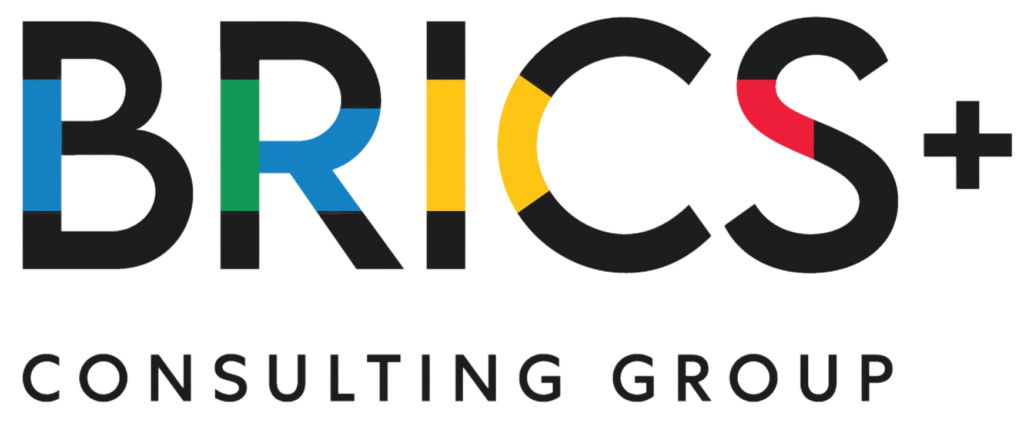For many South Africans, education is a privilege and praised once completed. However, for many other South Africans, quality education is a far distant dream for a multitude of reasons.
To begin with, South Africa is severely unequal and really, that can be considered the root or foundation for all the other reasons behind the inaccessibility of quality education. By virtue of quality education being distributed disproportionately and the vast majority of South Africans falling under the bracket of ‘low quality schooling’, a similar majority of students will be disadvantaged when trying to enter the workforce; because if former students are not well educated, how will they fulfil complex or meet the entry expectations and requirements of their future jobs? The education system for any country is massively critical for the development of the country and the continuity of the country’s skills and knowledge. It has been said that the South African education system is characterised by ‘crumbling infrastructure, overcrowded classrooms and poor educational outcomes’.
Infrastructure Failures That Persist
Poor education, poverty, and societal problems are a recurring cycle. Public schools suffer from horrific infrastructure, leading to tragic incidents like children dying in pit latrines. This reflects apartheid’s legacy of under-maintained infrastructure, hindering conducive learning environments. Apartheid’s racial segregation dictated school access and quality. Wealthier students have an advantage with tutors and adapted better to online learning during COVID-19 lockdowns.
As of 31 March 2025, 93% of pit latrines have been eradicated under the SAFE initiative. However, 141 schools, especially in Limpopo and the Eastern Cape, still use these dangerous facilities. A 2 June 2025 report attributes delays to funding and logistical shortfalls, urging stronger corporate-sector involvement and deployment of the Khusela sanitation unit in public–private partnership schools.
Physical accessibility to schools remains an issue, despite a collaboration between the Departments of Transport and Education to provide transport for students living over 3km away. This initiative faces challenges like funding, insufficient, and unsafe transport options, disproportionately affecting low-income households. Students arriving fatigued or with safety concerns impact their performance. When educators lack resources and support, and students arrive already disadvantaged, a prosperous outcome is unlikely.
The Workforce Equation: Skills, Unemployment and the Future
South Africa faces a challenge: preparing its workforce for a rapidly changing, tech-driven labor market. The education system is outdated, ill-equipped to train students for the future, especially with the global rise of AI. This is reflected in the country’s high unemployment rates in Q1 2025: 32.9% nationally, 43.1% expanded, and 46.1% for youth (15-34), leaving over 4.8 million young people jobless.
However, progress is being made. Microsoft’s R5.4 billion initiative aims to train 1 million South Africans in AI and cybersecurity by 2026, funding 50,000 certification exams to boost digital skills and tech employment. Youth programs like the Wind Industry Internship (June 2025) are also providing green energy sector training.
A BRICS+ Opportunity for Shared Development
The current education system and skills development pipeline is not good enough. But this is not just a domestic crisis. As a founding member of BRICS, and now within the expanded BRICS+ framework, South Africa’s educational challenges reflect shared realities across much of the Global South. Issues like under-resourced schools, youth unemployment, and digital skills gaps are familiar not only to South Africa, but also to countries like Ethiopia, Iran, Egypt, and even large emerging economies like India and Indonesia.
This shared experience also opens space for shared solutions. South Africa has much to gain from deeper cooperation with BRICS+ peers. Countries like China and India have pioneered low-cost, large-scale digital education programmes that bring coding and AI training to rural youth. Brazil and Cuba have longstanding public–private vocational training models that balance academic learning with real-world skills. Russia and Kazakhstan have developed university–industry partnerships that could inspire more hands-on, work-integrated learning. From Malaysia to Uzbekistan, governments are experimenting with green-skills development and dual education systems that better prepare youth for fast-changing labour markets.
At the same time, South Africa brings its own strengths to the bloc, a young population, world-class universities, and a regional position that makes it a key gateway to the rest of Africa. Through coordinated investment, cross-border edtech initiatives, collaborative teacher training, and multilateral funding for infrastructure (including sanitation and connectivity), BRICS+ can play a transformative role in reshaping South Africa’s education landscape.
This isn’t about charity, it’s about strategic partnership, where improved education outcomes in South Africa uplift the entire BRICS+ bloc. A more literate, skilled, and confident South African workforce is an asset to shared development, sustainable industrialisation, and South–South solidarity.
Shared Accountability, Shared Potential
The onus does not only fall on the government or individuals, South African society at large, including corporates, investors, unions, civil society, and international partners, must take part in building the education system the country deserves. With dedicated effort, adequate funding, and the adoption of modern technology, South Africans can become more literate, more skilled, and better positioned to boost employment, drive innovation, and contribute meaningfully to both national and BRICS+ development.
The question isn’t only whether South Africa is ready for the future, it’s whether BRICS+ is ready to help shape it, together.
*Dr Iqbal Survé
Past chairman of the BRICS Business Council and co-chairman of the BRICS Media Forum and the BRNN
*Banthati Sekwala
Associate at BRICS+ Consulting Group
Egyptian & South African Specialist
**The Views expressed do not necessarily reflect the views of Independent Media or IOL.
** MORE ARTICLES ON OUR WEBSITE https://bricscg.com/
** Follow @brics_daily on X/Twitter & @brics_daily on Instagram for daily BRICS+ updates





